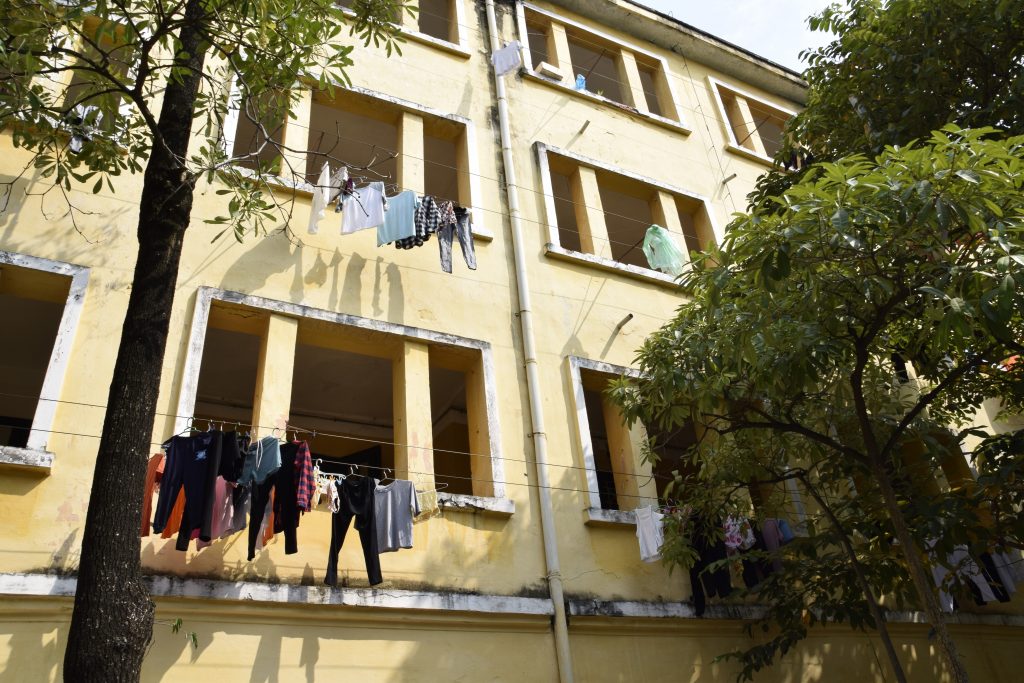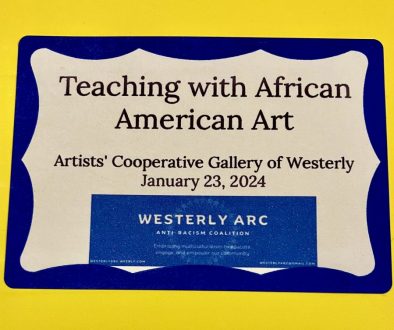The campus of Trường Đại học Sư phạm (Hanoi National University of Education or HNUE) is adjacent to several other universities, about 30-45 minutes from the center of Hanoi. Universities in Vietnam are divided into “faculties,” what we would call colleges, schools, or departments. I am working with the Vietnamese Faculty and have also presented workshops and am teaching a class in the English Faculty.
One afternoon a week, I have a drop-in time for students and have learned a lot from them about college life. Besides bringing me different Vietnamese foods to try and helping me with my Vietnamese homework, we talk about a wide range of topics.
Here are a few of the students who were willing to be interviewed on camera.
Just about all students enter college. It is a part of the culture that parents in Vietnam hold high academic expectations for their children and will make many sacrifices to guarantee a college education.
Parents also make most of the decisions for students, even at the college level. For example, most parents choose which faculty their child will apply to (i.e. which major he/she will study).
The government has the ultimate say in what students will study. For example, if your Master’s thesis is not accepted by the government, your degree could be revoked. (I have been told of at least one case like this.)
Each faculty is a close-knit community, much like a high school class in the US. The students work on community events together and have competitions with other faculties. They know the history of their particular faculty and take almost all of their classes together. They also compete on the same sports teams against other faculties.

Some students live in dorms and eat at any of the dozens of cheap kiosks or restaurants around campus. A cheap meal on campus can cost less than $1. Other students live in nearby apartments or at home.

College entrance exam scores are used to decide which “Faculty” (department or school in a college) the student will be accepted into. If your score is not good enough, you will not get your first choice.
In general, professors and students say that college is less stressful than high school. Professors complain that students have a more relaxed attitude towards their work in college, after so many years of intense pressure in high school.

Students from all faculties take English. They come with varying levels of proficiency and many have never met a native English speaker. There is a new requirement that students must reach a minimum level on an English exam in order to graduate. Professors tell me it remains to be seen what will actually happen when students do not pass the exam.

Here are some more videos of Trung and Vũ sharing their experiences.
On Learning English
In this clip, Trung gives great advice about learning a language as he shares his story of learning English. He has told me he hated English when he started high school, but eventually found a teacher who he liked and began teaching himself. What amazes me most is that I am the first native English speaker he has spoken to.
Vũ was very hesitant to be interviewed at first, but once he started talking, he couldn’t stop! I have noticed that many people (adults and students) here have a decent vocabulary and understanding of English grammar, but have never actually spoken it. They are desperate to meet foreigners and practice, though many are too unsure of themselves to do so.
On Choosing a Major
If your exam scores are not good enough for your major of choice, you will need to enter another faculty, as Trung explains here.
Finally, even though Trung did not get into the Faculty of English as he’d hoped, he is still focused on his dream.
To my faithful readers: I know Vũ and Trung (and the other students who were afraid to appear on camera) would love to hear your comments. Please consider sending them a message below.





October 28, 2016 @ 12:19
I am more than impressed with skills these students have in learning a new language. I never was able to mater Spanish. It is hard for me to grasp that the ability to chose the area you wish to study is determined by others.
November 1, 2016 @ 08:38
One thing I’m learning is that teaching kids how to focus and develop self-discipline is possible.
October 28, 2016 @ 12:30
HI Tim- Enjoy meeting your students. VU and Tung, you are doing very well in learning English so good luck with your studies and practice. I only know how to speak English and I admire people who learn to speak other languages besides their own. I know some words in other languages only because of people I’ve met who have spoken different languages and I grew up in Brooklyn, NY where there were many different languages were spoken and now I live in Maine where there are a lot of French people, so that is taught in school. I didn’t study language because I took commercial subjects, so I would be able to get a job in an office. Today, I think more children start a second language at an early age in schools. Also families did not move so far from home. Today people travel more. KEep practicing and good luck to you all and never stop learning or be afraid to make a mistake because some of our mistakes turn out to.be our best teachersx. TIm is my younger cousin and we”re glad he is meeting all you wonderful young people who are also helping him to learn a new language and culture. TIm. As always thanks for sharing.
November 1, 2016 @ 08:40
I will pass your message along – we usually meet on Thursdays. Thanks for responding!
October 28, 2016 @ 17:31
Wow, I am really impressed with these students. Trung and Vu, you are doing great. Very impressive. It must be such an uphill climb to learn English. I wish them all well in the future. I a sure if all of Tim’s readers could they would love to converse with these students and give them practice. I know I would!
November 1, 2016 @ 08:41
Thanks for sending a message, Ellen. I will pass it along the next time I see them.
October 28, 2016 @ 17:49
This is just fabulous!!!!
November 1, 2016 @ 08:42
There is so much for me to learn. I’m just scratching the surface so far.
October 29, 2016 @ 21:14
In some ways I think high school is very similar here in the U.S. Students are under a great deal of pressure and always thinking what’s next. They are always preparing and studying to get ready for the next step. PSATs, SATs, college applications, and trying to prepare a competitive resume. Once they get into college they can relax a bit and enjoy just being in the present. Love the pictures and videos. What an experience!
November 1, 2016 @ 08:44
Good point, Deidre. I remember enjoying the freedom of college and having a lot of time on my hands. I’ve just heard that ninth grade is another intense year here since it is the last year of middle school. They also take exams for high school placement.
December 22, 2016 @ 19:55
They are doing great at speaking English! Keep practicing- it is such a tough skill and without being immersed in the culture very hard to do. Luckily with the internet today there are many interactive ways you can practice. I would love to show my own students this who think they should be fluent after only 1 year! Learning a language is a lifelong process!
December 22, 2016 @ 21:26
Glad you find this useful. Learning a language takes hard work but it is worth it.